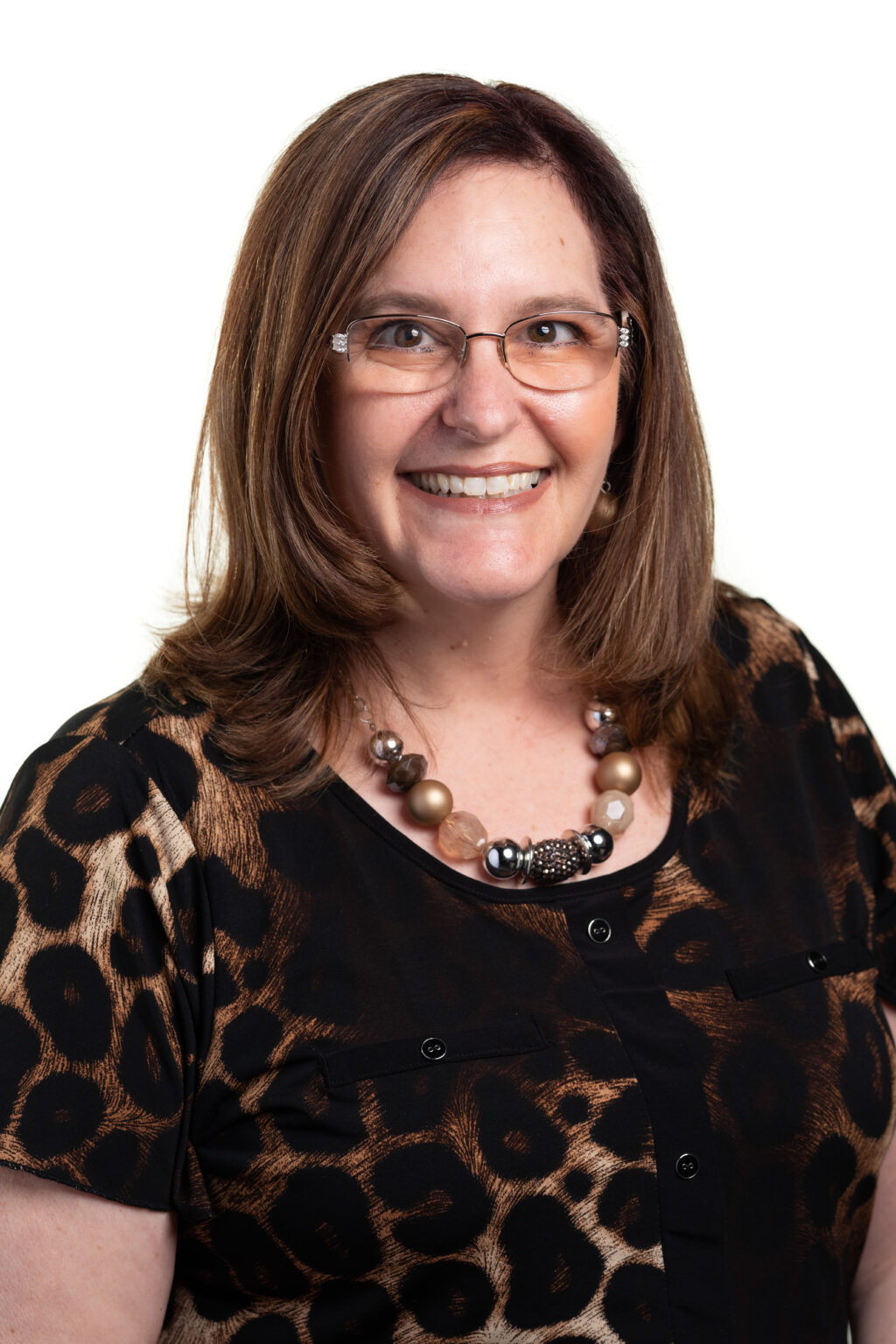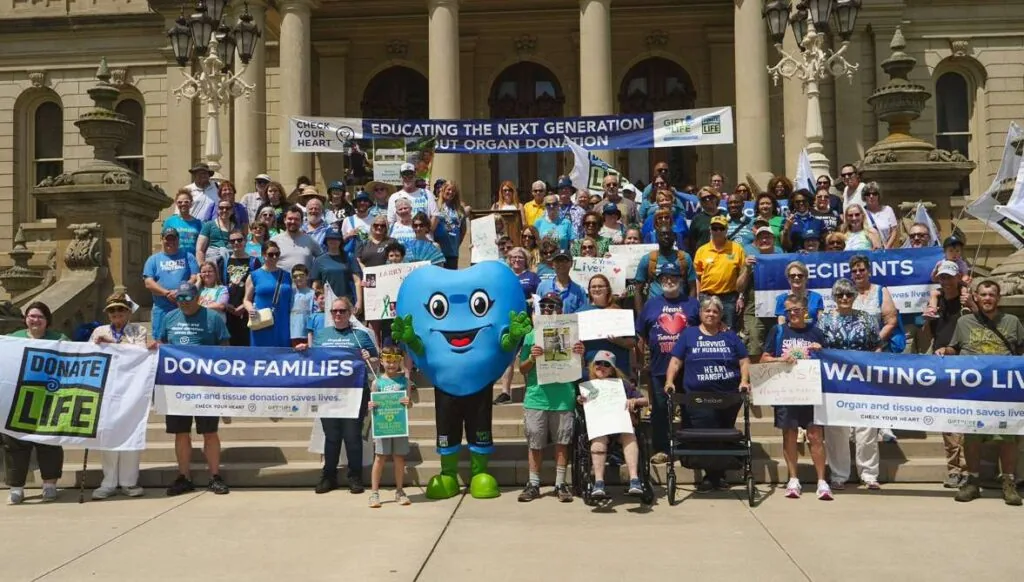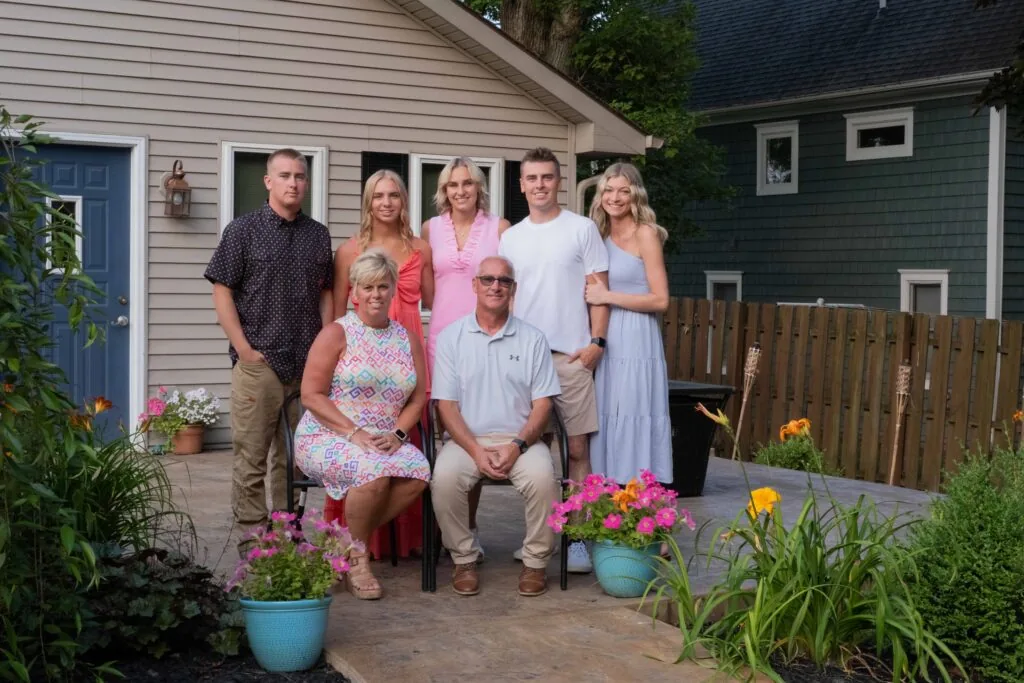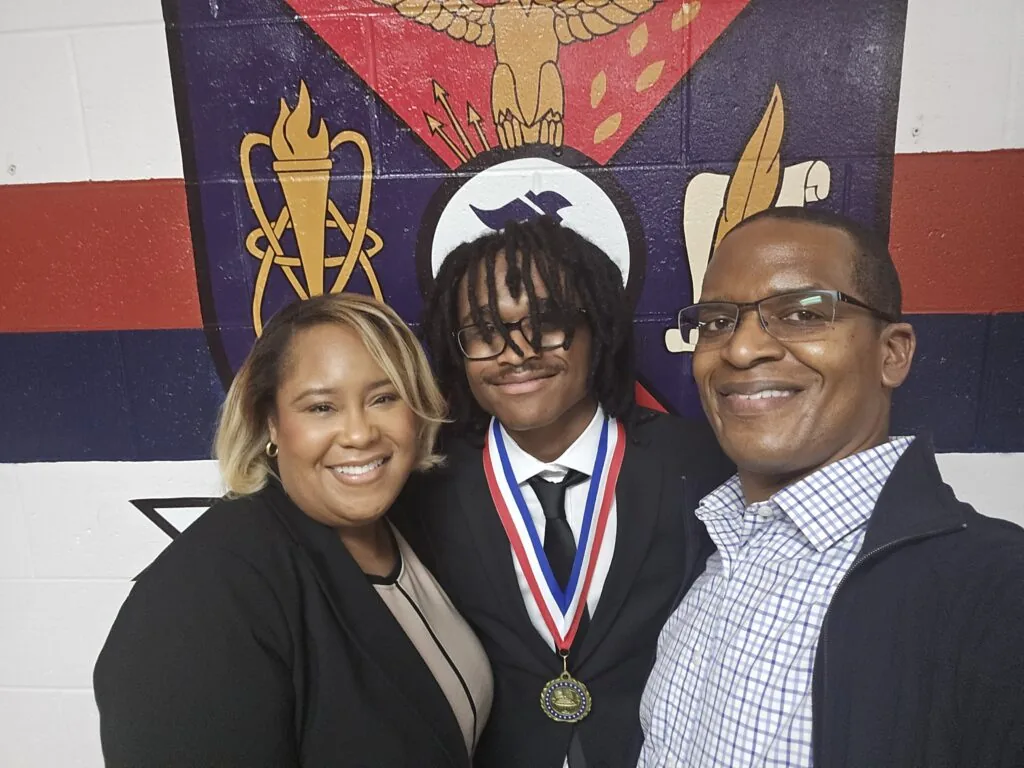Theresa Hardnett is one of the 2,600 Michiganders currently waiting for a lifesaving organ. Living with polycystic kidney disease (PKD), a hereditary condition that has deeply affected her family, she’s in need of a kidney transplant.
Theresa’s mother was diagnosed with PKD around 1977 at the age of 35. After her diagnosis, she had all four of her children tested, including Theresa.
In addition to her mother, Theresa’s eldest sister and brother all lived with PKD and endured years of dialysis before passing away at the age of 54. At 55, Theresa hasn’t had to go on dialysis yet.
“I’m the very first one in my family to even get on the list,” she said. “I feel very blessed.”
Theresa also considers herself blessed that her symptoms, up until recently, have been mild.
“I now get fatigued pretty easily,” she said. “I’m tired all the time. I sleep quite a bit. People don’t realize it, because I look so healthy, they think I can do all of the things I used to. When I do stuff, I get exhausted very easily. This past weekend I was doing yard work; I got so exhausted that I could barely move. I used to walk four miles a day and work out, and I just can’t do that anymore.”
Since 2009, Theresa has worked with the PKD Foundation as a volunteer, sharing her experience with others and serving as a peer mentor for the past seven. She hopes through talking with people she can help them navigate their fears when they are initially diagnosed.
“People are so overwhelmed in the beginning,” she explained. “I have to tell them, don’t educate yourself to the point where you are overwhelmed. It’s important to take a break sometimes.”
With more than 2,000 patients in Michigan waiting for a kidney transplant, the wait can be long – on average two to five years. She’s explored living donors, but health issues prevented willing individuals from being a match. Still, she’s not giving up.
“Getting the word out any way I can is all I can do,” she said. “Getting that call that there’s a kidney for me would mean everything. I look at it as a second chance at life.”
To those thinking about becoming a donor, Theresa has a heartfelt message: “Only do it if you can be a selfless person, don’t expect anything in return because there is nothing that anyone receiving can do to equal the gift of life.”
The best way to save lives is by joining the Michigan Organ Donor Registry at golm.org/signup.








